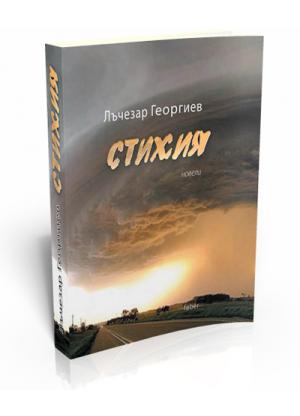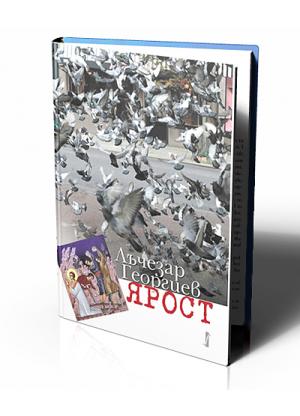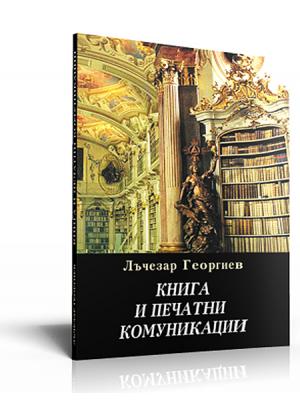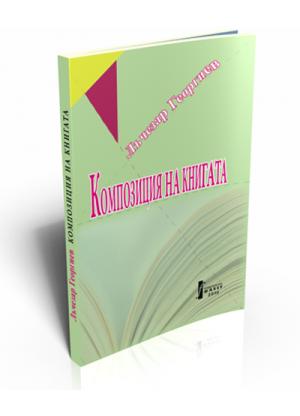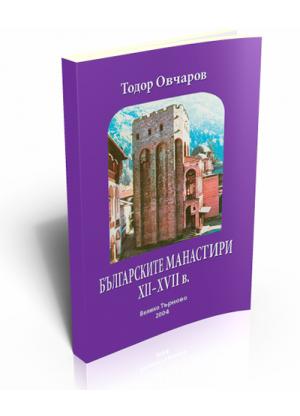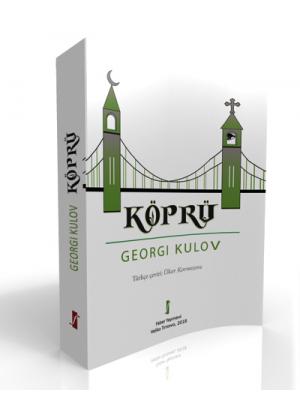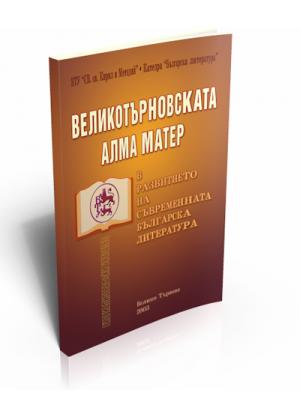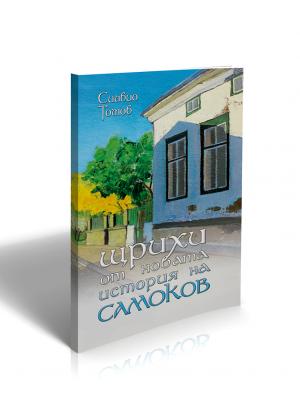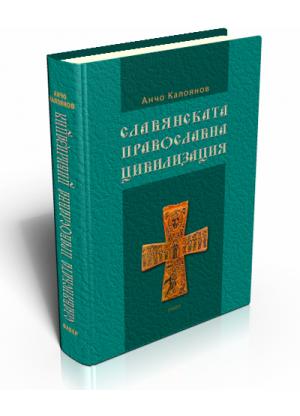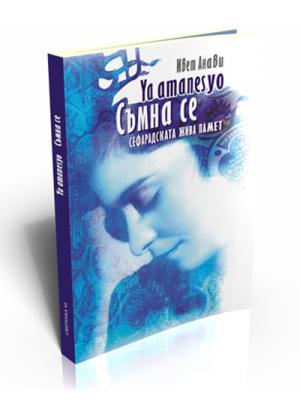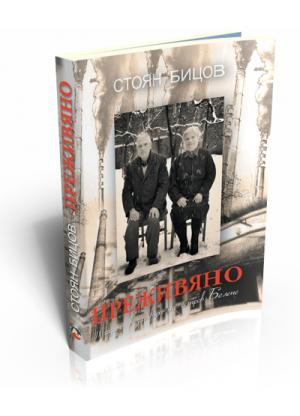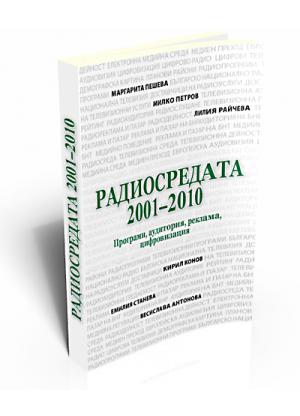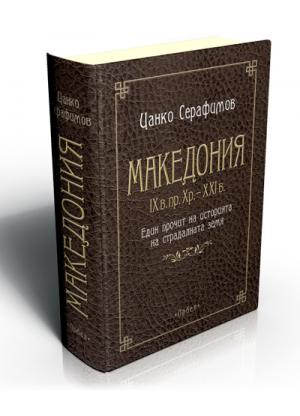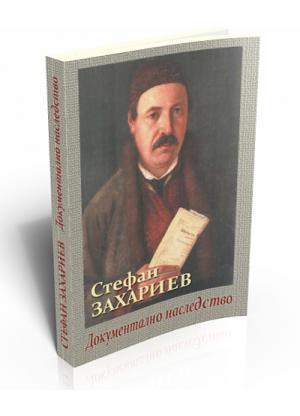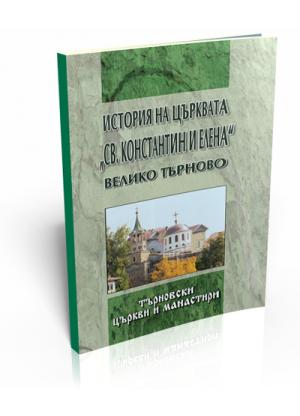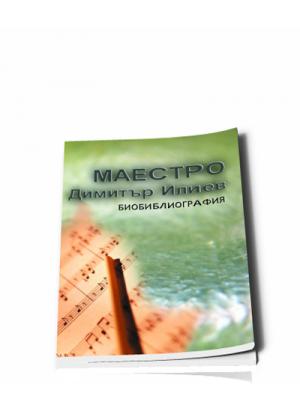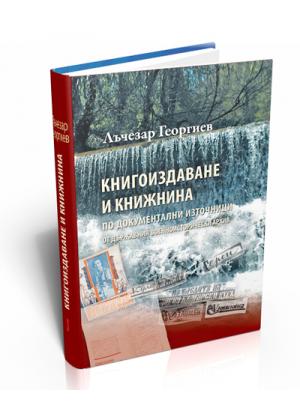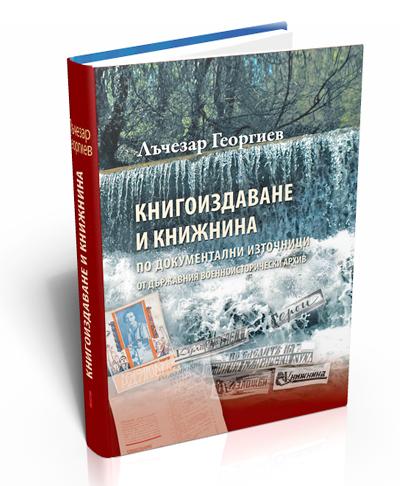
Book Publishing and Written Works in Documentary Sources of the State Military History Archives
Lachezar Georgiev’s monograph Book Publishing and Written Works in Documentary Sources of the State Military History Archives consists of an introduction, six chapters of research text accompanied by facsimiles and original documents, a conclusion, a bibliography of the used literature and archival materials. The object of study of Professor Lachezar Georgiev PhD, lecturer at St. Cyril and St. Methodius University of Veliko Tarnovo, is Bulgarian book publishing and written works with a special focus on military printed communications. The author aims to study Bulgarian book publishing and written works connected primarily with the activity of the Military Publishing Fund and the Military Writers’ Association in Bulgaria, which gravitates around it. The available archival records and documents of the State Military History Archives Directorate – Veliko Tarnovo (former Central Military Archives in the old capital) have been used. The author have studied for several years the available funds of these substantial military records connected primarily with Bulgarian written works and book publishing. In his treatise, Lachezar Georgiev comments on, analyzes and assesses the considerable amount of archival information, visualized in the book by accompanying illustrative materials. The study covers a considerable period – from the late 80s and the 90s of the 19th c. – when the first Bulgarian military media came to life and military book publishing began – to the early 60s of the 20th c. Analyses and comments are made on the activity of the State Military Publishing House and the biggest military newspaper: Narodna Armia (Peoples’ Army). The study tackles issues connected with the development of the military publishing complex and the institutionalization of military publishing. Priority is given to the author’s research of the Military Publishing Fund work and its best selling magazine: Rodoliubie (Patriotism), where well-known Bulgarian writers and journalists collaborated. In 1942 the editor of the magazine, Iliya Musakov, together with a group of authors laid the foundations of the Military Writers’ Association in Bulgaria, which functioned in the early years of socialism until April 1950.
The monograph offers a number of observations, analyses and conclusions. Bibliographical evaluation of authors, writers, journalists, scientists and written works is made. Lachezar Georgiev uses sound documentary and bibliographical arguments to prove his theses.
The Military Publishing Fund had its most rapid development in the period between the two world wars. It continued modernizing its technological basis and expanding its teams, naturally growing into a new structure in the early 50s: State Military Publishing House – one of the best state publishing houses in Bulgaria – with an excellent editing and designing teams, a stable newspaper, a wide capacity printing house, which apart from the military printed media, produced the books and magazines of other metropolitan publishers’.
The military patriotic illustrated magazine Rodoliubie (Patriotism) appeared to be one of those printed media that tried to fill in a big gap in printed communications in the context of increasing social antagonism and disunity in Bulgaria. Not meant to be of political nature the magazine, with its patriotic mission and powerful and adequate illustrations, featured a number of materials and columns providing a forum for writers, publicists, poets and journalists who revived major events from the past, reminded of epic battles and glorious Bulgarian victories, and discussed universal moral values. The historical theme of Rodoliubie magazine (associated during socialism with the myth of Great Bulgaria chauvinism and nationalism imposed by the advocates of social realism) was a convenient pretext for eliminating its chief editor and real founder as well as some of his collaborators – most of them would later join the Association of Military Writers and Journalists (1942–1950).
It can be claimed that Iliya Musakov is the first Bulgarian researcher of military written works and printed communications. His reviews connected with the admittance of new members into the designing, military-research and journalistic departments of the Military Writers’ Association between 1942 and 1948 reveal logical thinking, clear and accurate assessment, sound arguments and thorough knowledge of our military written works – of literary, research and journalistic nature.
There is no doubt about Iliya Moskov’s contribution towards establishing military and patriotic literature, the creation of a number of biographical works by renowned Bulgarian military officials, published in series or as separate books.
The publishing of Rodoliubie magazine is also the first significant initiative of a Bulgarian institution in attempt to encourage military publication in the age of increasing ideological confrontation, that was the period between the two world wars. It also served to educate and unite Bulgarian people using an easy-to-understand and popular type of reading. That experience, though tacitly, would be used in the age of socialism as well as during the years of democratic transition to enrich the mission of printed communications with new media, new titles and series with adequate patriotic reading.
Moreover, Rodoliubie magazine and the advertised library series Proslava with the active participation of its contributing authors laid the solid foundations of a big military writers’ organization – the Military Writers’ Association in Bulgaria.
Through its overall activity, as it becomes clear from the presented recorded facts and documents, the Military Writers’ Association (subsequently: Association of Military Writers and Military Journalists in Bulgaria) remained close to the Military Publishing Fund. It was supported by the fund through subsidies, publishing its members’ books and participation in the association governing body. The presented facts and evidence, based on documentary sources from the State Military History Archives, show the large repertoire of the military writers who were members of the Association – books and publications in periodicals issued with priority by the Military Publishing Fund, publications in other big metropolitan and provincial publishing houses and printing houses.
The military novelists, fiction writers and poets were few but respectable. Among them were: Iliya Moskov, Petko Peev, Damyan Kalfov, Boris Makovski, Anton Razsukanov, Todor Kozhiharov, Lyubomir Brutov, Hristo Bratanov, Leonid Paspaleev, Valentin Paspaleev. There were young talented authors, such as Ivan Arzhentinski and Emil Manov. Considerable part of the members of the Military Fiction Department and Military Research Department of the Association participated in the activity of the Military Publishing Fund, where they edited and published their works. The young writers Boris Cholpanov and Stilyan Noykov won a well-deserved reward for a book of theirs from the Talented Military Writers Fund.
The Military Writers’ Association, transformed in 1945 into Association of Military Writers and Journalists, worked in close communication with the Managing Board of the Military Publishing Fund and its structures – Military Publications editing department and its printing houses.
Compromises were made in the procedure for enrolling new members of the Association after 1944 – some authors were wrongly rejected and others who had less contribution and fewer merits were willingly accepted because of their high positions in the military administration, the headquarters and especially in the political government of the Ministry of Peoples’ Defence. Although it stood behind the Government of the Fatherland Front after 1944, the Association of Military Writers and Journalists was carefully watched by the authorities. It was not accidental that a third department was established – that of military journalists – which accepted officers from the army and the new military political structure. It was necessary to “purge” the ranks of military writers from those convicted by the Peoples’ Court.
The public events organized by the Military Writers’ Association were reduced to lectures and talks in the capital and some other towns. The governing body tried to be politically impartial, but at certain moments it had to declare its position.
The lack of paper and opportunity to carry out publishing, which would satisfy association members’ creative ambitions, were often discussed without coming to reasonable solutions. Certain support was provided by the Military Publishing Fund by establishing award funds (Chegan Fund and Talented Writers Fund).
After 1944 the Association of Military Writers and Journalists in Bulgaria attempted to organize its own publishing activity and to start its own magazine, but behind the institutional and legal hindrances imposed by the Chamber of Peoples’ Culture and the Science Committee we can discern ideologically tinged intentions. Attempts were made to exclude “different” writers. It was suggested that the unprepared for the new regime should be “sifted out”. The association governing body had to brand and expel disobedient writers, research workers and journalists. Despite that, the cultural pillar of Stalin’s regime in Bulgaria, Minister Valko Chervenkov, did not allow the collective enrolment of the Association in the Committee for Science, Art and Culture and the governing body was told to keep on the purging process and to disintegrate.
The Military Publishing Fund was due to be reorganized and closed down, which was done in 1951. Although its successor, State Military Publishing House, had been already managed by ideologically trusted officers, the available declassified documents show a strive to stabilize this publishing structure, expanding it with new technological units – stereotype, monotype, linotype, rotation printing machines, photo zincography and hardcover bookbinding. The editors’ offices of the biggest military newspaper in Bulgaria, Narodna Voiska – renamed Narodna Armia after 1951 (Peoples’ Army) - were stabilized. The revealed documents show editing processes, inner research communications, relations with the State Military Publishing House.
Fund and ardent association activist Iliya Musakov was consigned to oblivion. The former military publisher Vasil Yurukov was branded as peoples' enemy. Other writers connected with the work of the Military Publishing Fund and the Military Writers’ Association were banished and forgotten.
| Genre | Documentaries |
| Size | 14,5 х 20 cm |
| Pages | 544 pages |
| Cover | hard cover |
| Language | Bulgarian |

 Request for offer
Request for offer 
